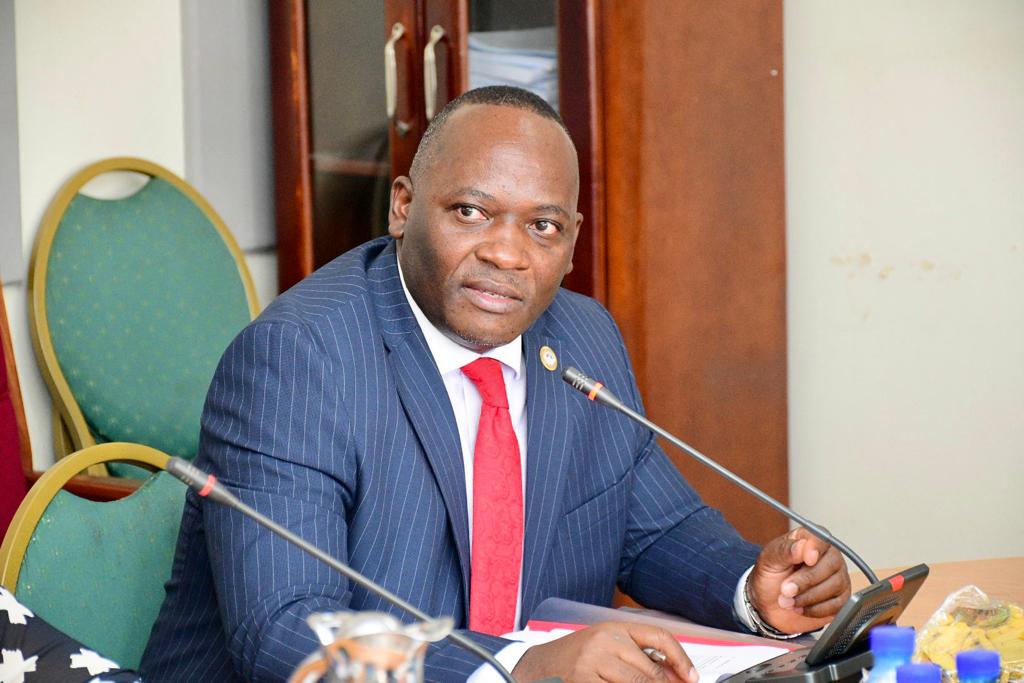Government has pledged to amend the Access to Information Act of 2005 to align it with current times and international standards. The law, enacted nearly two decades ago, has been criticized for being outdated and restrictive.
Speaking at an event commemorating the International Day for Universal Access to Information (IDUAI) at Makerere University on Thursday, Minister for ICT and National Guidance, Dr. Chris Baryomunsi, acknowledged the need to revise the law to accommodate emerging technologies and address concerns over access fees that can be prohibitive for some individuals.
“There are concerns that we put some fees for Ugandans to access particular pieces of information, which fees sometimes can be prohibitive for some individuals. These have to be looked at to ensure we make it easy for any person in Uganda to access information, especially that information which is in the hands of government. Furthermore, since the enactment of the law, there has been significant digital evolution, so we have to amend the law to accommodate emerging technologies, as they also affect some of these legislations and other policies we drafted earlier,” said Baryomunsi
The minister was responding to a call by Gilbert Sendugwa, Executive Director of the Africa Freedom of Information Centre (AFIC), who emphasized the importance of access to information for informed decision-making and development.
Sendugwa noted that Uganda was among the first African countries to adopt the Access to Information Act in 2005 but now lags behind international standards.
He urged stakeholders to work together to amend the law and ensure every Ugandan citizen can enjoy their right to information.
In June, the African Commission on Human and People’s Rights published its report on Uganda’s state reporting, where it made recommendations that Uganda must implement to comply with Article 9 of the African Charter on Human and People’s Rights. Among these recommendations was the need for the government to amend the Access to Information Act and bring it in line with international standards.
“As it is now, there’s no oversight for Access to Information in Uganda. An aggrieved party, if denied information, must appeal to the Chief Magistrate’s Court. However, many Ugandans can’t afford this and cases take long. This underscores why the African Commission on Human and People’s Rights’ call for government to amend this law and establish an effective appeal mechanism is not only important but urgent,” said Sendugwa
Meanwhile minister Baryomunsi also assured that the government will review all media and communication-related laws to eliminate outdated provisions and promote high-quality communication. He further noted that the government will also work with stakeholders to strengthen oversight and establish an effective appeal mechanism.
The event to mark the Universal Access to Information (IDUAI) was jointly organized by the Africa Freedom of Information Centre, the Uganda Human Rights Commission, the Ministry of ICT and National Guidance, Makerere University, and Twaweza.
It brought together key stakeholders, including government ministries, departments and agencies, civil society organizations, academia, development partners, members of parliament, and officials from the Uganda Human Rights Commission among others.
The theme for this year’s commemoration is “Mainstreaming Access to Information and Participation in the Public Sector,” with a specific focus on the recommendations from the African Charter on Human and Peoples’ Rights (ACHPR) as they relate to Uganda and the proposed amendments to existing laws







